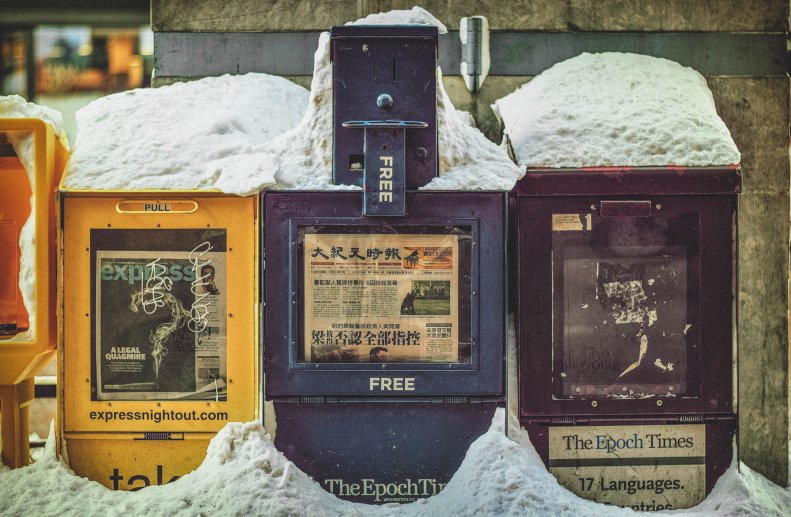Fake news and the growing reliance on social media
I am a teacher. But if it is my assertion versus that of a blogger half a continent away, whose prevails?

By Ken Wackes March 2017
Newspapers’ subscriptions are at an all-time low and their credibility in the eyes of the general public is plummeting. Facebook is now the #1 provider of news for millennials.
There are 1.15 billion mobile daily active Facebook users. Big questions arise:
- Who selects the news items to post?
- What criteria are used?
- What bias is encouraged?
- Who evaluates #1–3?
Hillary Clinton during her recent campaign decried “fake news.” Donald Trump recently created a new category: “very fake news.” But there is something more ominous—web giants who will establish themselves as arbiters of what is and what is not fake news.
Chad Wellmon in his article “Trust Without Teachers” comments: “The social media behemoth is now the primary news medium in the United States,” he says. “Zuckerberg casts his company as a neutral medium that simply connects friends, shares information, and facilitates democracy. But Facebook is now a social institution that people rely on and, however implicitly, trust.”
Commenting on Google, he says: “In little more than a decade since its founding, Google is moving from helping us access the web pages we want to determining what web pages we should trust. . . . But what kind of custodian of knowledge and trust is Google? For centuries, universities and academies have served this cultural function. They were bulwarks against falsehood and institutions for truth. “Google 1.0,” he says, “implicitly defined the quality of a page in terms of popularity. A popular yet completely erroneous site from a prankster could have a higher score than an unpopular site from a careful and erudite scholar. . . . The bigger threat, in other words, is a cultural corrosion of belief, whereby citizens and users of digital technologies trust no one and no institution. No democracy could survive such a collapse in authoritative knowledge, knowledge that is widely trusted.” Read the whole thing.
What implications does this have for us as teachers?
How will it effect the exercise of what we call “logic” or “reason?” How will it impact the trust traditionally given by students to their teachers? If it is my assertion as a teacher versus that of a blogger half a continent away, who prevails?
At the same time, transformational education reminds us that being an ostrich (“What is ‘social media?’”) or a rhinoceros (“I knew it! Let’s ban social media!”) is equally indefensible. Social media and search engines are here to stay. Transformational education would not have been a foe of Galileo or Newton in their day, nor part of those who protested about the movable type printing press.
How can we better equip our students to function discerningly in a hodgepodge world of phony facts and fake news? Likewise, how will it shape public opinion—not only of the non-Christian public but Christian? We cannot blame Facebook, Twitter or other social media for how subscribers use their accounts—although all have user-use rules. They are tools being used by millions for good and wholesome purposes in education, Christian ministry, industry, and among friends and families, to name but a few.
See related articles:
